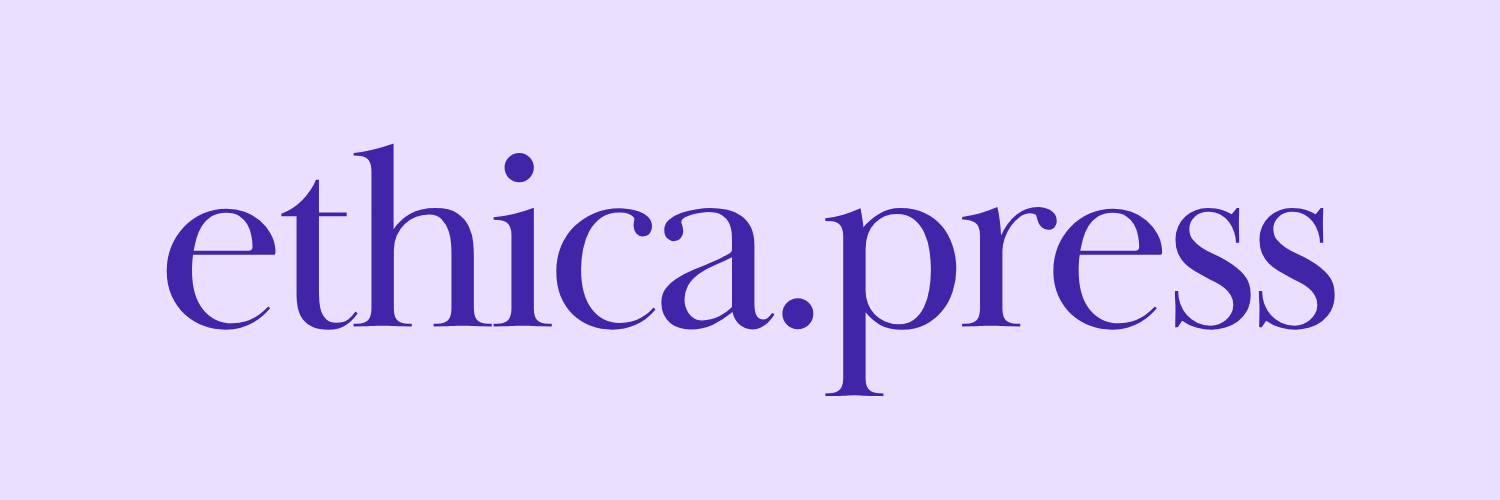Grecia, país europeo pionero en la regulación del uso de la Inteligencia Artificial
La Inteligencia Artificial es aún hoy día un concepto abstracto para muchas personas. Sin embargo, su uso está cada vez más extendido y, en los últimos años, ha crecido de forma exponencial en sectores como las finanzas, la industria, la educación, la seguridad, la salud y los recursos humanos.
En 2021, el Parlamento Europeo definía de manera muy básica qué es la IA, pero quizá sea adecuado recuperar ahora aquella definición, precisamente por su sencillez: "La inteligencia artificial es la habilidad de una máquina de presentar las mismas capacidades que los seres humanos, como el razonamiento, el aprendizaje, la creatividad y la capacidad de planear".
Cuatro años después, este concepto es mucho más complejo, pero es por ello y por su utilización cada vez amplia que exige un código ético que lo regule en la actividad periodística. Y ya se están dando los primeros pasos.
Según publicó Euronews el 22 de mayo y recogieron también otros medios, la Federación Panhelénica de Asociaciones de Periodistas ha presentado un código de conducta que establece el marco y las normas para el uso de la Inteligencia Artificial Productiva, convirtiéndose en la primera organización periodística de Europa en hacerlo.
Este código, que vincula a todos sus miembros en el uso de este tipo de tecnologías, busca ante todo priorizar la transparencia: si un artículo es producto de la IA en su totalidad, "hay que decirlo", según declaró el ministro griego Pavlos Marinakis a Euronews.
El siguiente paso ahora es que el Gobierno heleno legisle al respecto y actualice la normativa vigente sobre el nuevo código de conducta.
El año pasado, en agosto, entró en vigor la Ley de Inteligencia Artificial de la Unión Europea, una normativa que, sin embargo, no será plenamente aplicable hasta 2027. El viaje solo acaba de comenzar.
En ethica.press la IA, como hemos dicho, nos parece una herramienta revolucionaria que va a cambiar muchas cosas, como también Internet lo fue hace ya varias décadas. Así que prestaremos atención a todo aquello que permita establecer un marco para su uso ético en los medios y será un tema que abordaremos de manera recurrente.
English version
Greece, a European pioneer in regulating the use of Artificial Intelligence
The Panhellenic Federation of Journalists' Associations launches the first ethical code of AI use in journalism
Artificial Intelligence is still an abstract concept for many people. However, its use is becoming increasingly widespread and, in recent years, it has grown exponentially in sectors such as finance, industry, education, security, healthcare, and human resources.
In 2021, the European Parliament offered a very basic definition of AI, but it may be worth revisiting it now precisely because of its simplicity: “Artificial intelligence is the ability of a machine to display the same capabilities as humans, such as reasoning, learning, creativity, and the ability to plan.”
Four years later, this concept is far more complex, but precisely because of this—and its ever-expanding use—it requires an ethical code to guide its application in journalism. And the first steps are already being taken.
As reported by Euronews on 22 May and echoed by other outlets, the Panhellenic Federation of Journalists' Associations has introduced a code of conduct outlining the framework and rules for the use of Generative Artificial Intelligence, making it the first journalistic organisation in Europe to do so.
This code, which binds all its members to the responsible use of such technologies, primarily seeks to ensure transparency: if an article is entirely AI-generated, “it must be stated,” Greek Minister Pavlos Marinakis told Euronews.
The next step for the Greek government is to pass legislation and update current regulations in line with the new code of conduct.
Last August, the European Union’s Artificial Intelligence Act came into force, although the regulation will not be fully applicable until 2027. The journey has only just begun.
At ethica.press, as we’ve said before, we view AI as a revolutionary tool that is going to change many things, just as the internet did several decades ago. That’s why we’ll be keeping a close eye on everything that helps establish a framework for its ethical use in the media, and it will be a topic we return to regularly.
